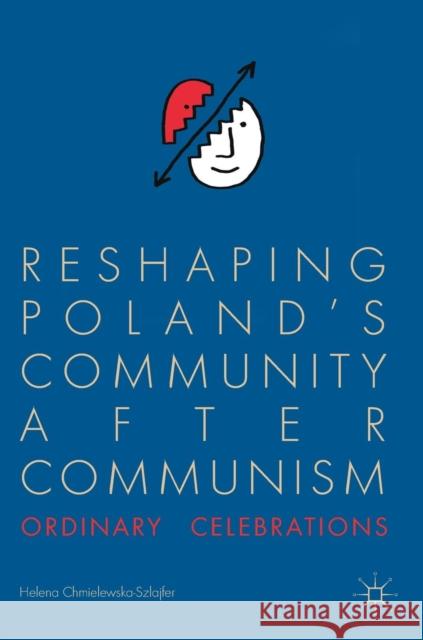Reshaping Poland's Community After Communism: Ordinary Celebrations » książka
topmenu
Reshaping Poland's Community After Communism: Ordinary Celebrations
ISBN-13: 9783319787343 / Angielski / Twarda / 2018 / 191 str.
Kategorie:
Kategorie BISAC:
Wydawca:
Palgrave MacMillan
Język:
Angielski
ISBN-13:
9783319787343
Rok wydania:
2018
Wydanie:
2019
Ilość stron:
191
Waga:
0.40 kg
Wymiary:
15.5 x 21.9 x 1.9
Oprawa:
Twarda
Wolumenów:
01
Dodatkowe informacje:
Wydanie ilustrowane











